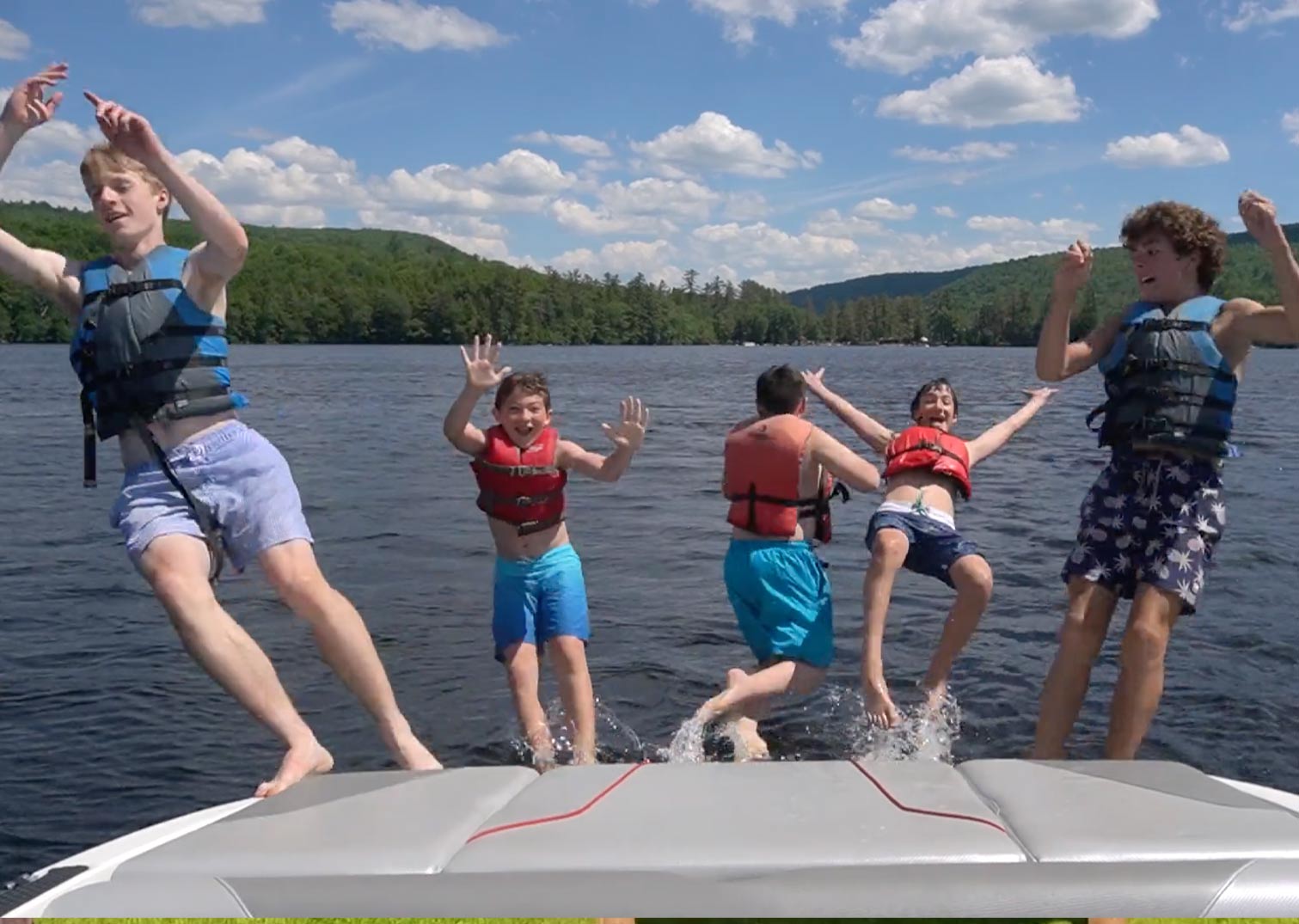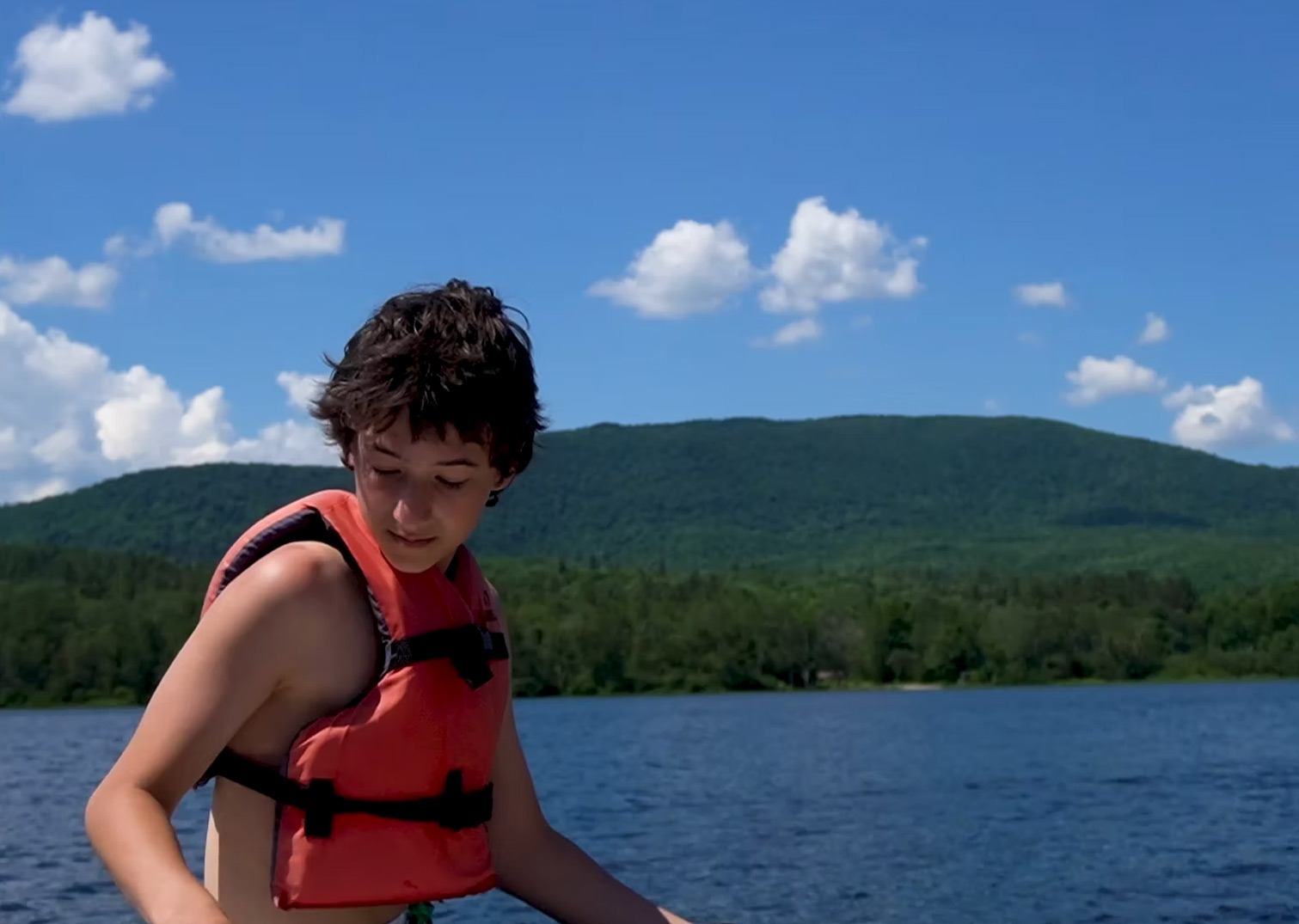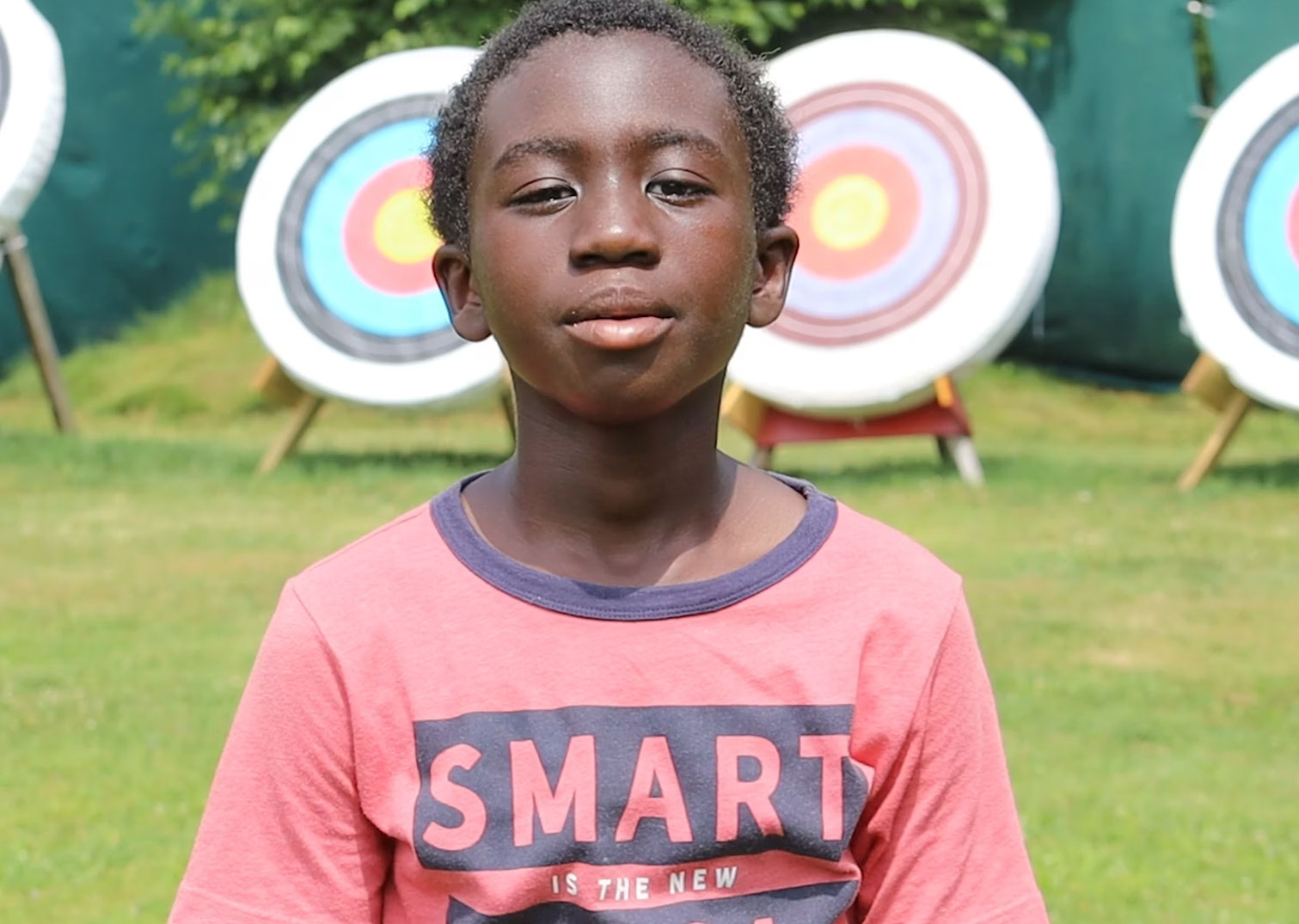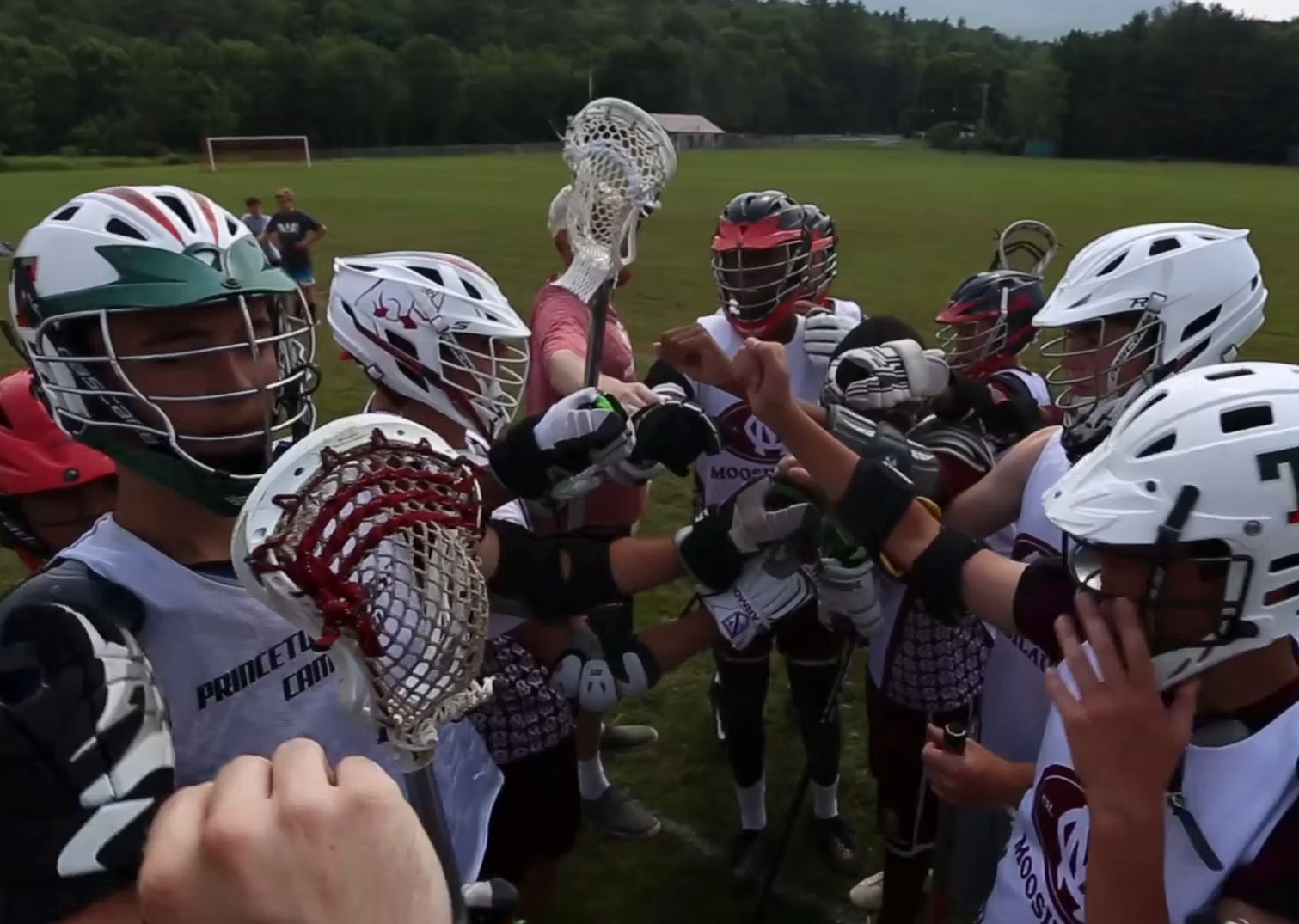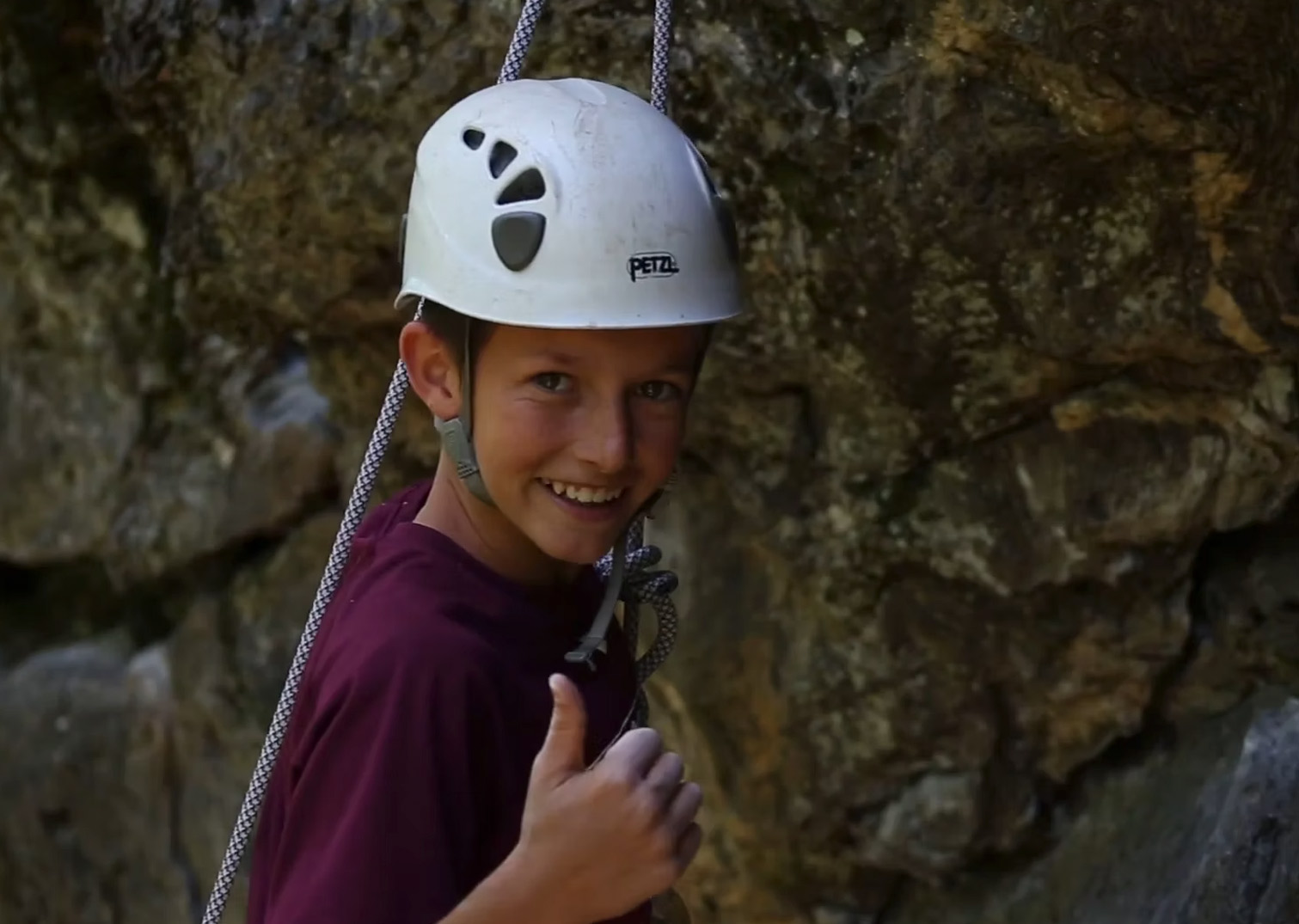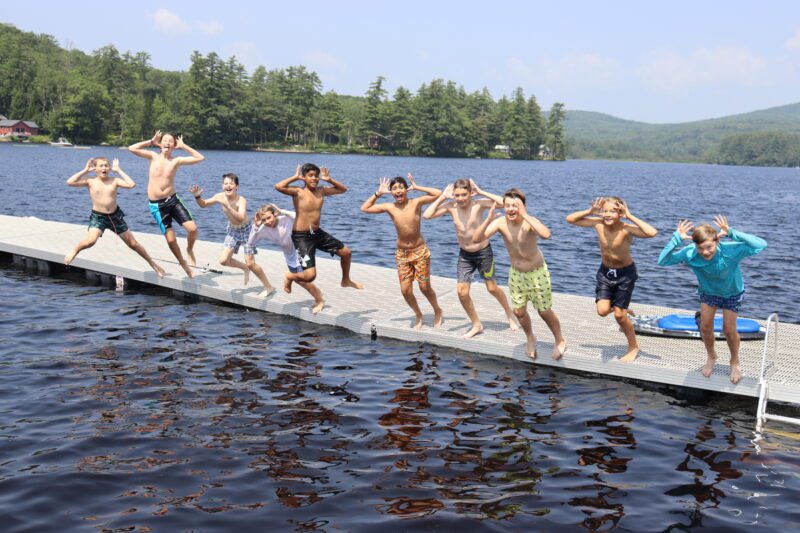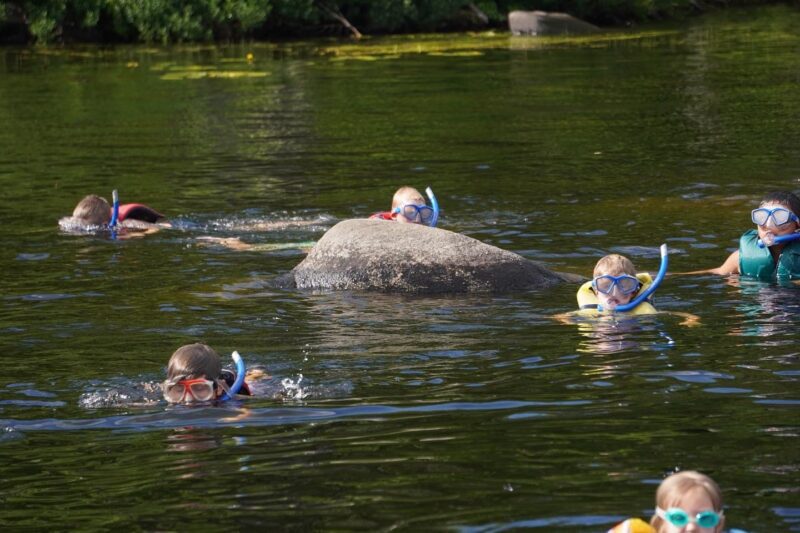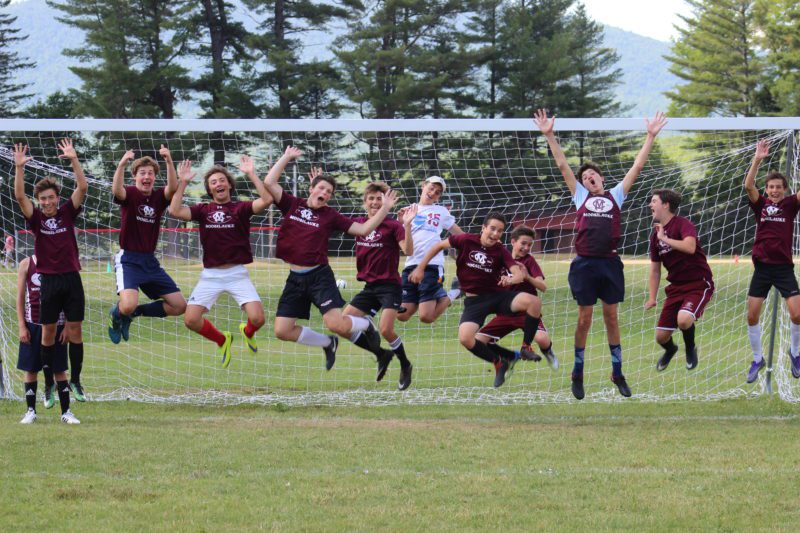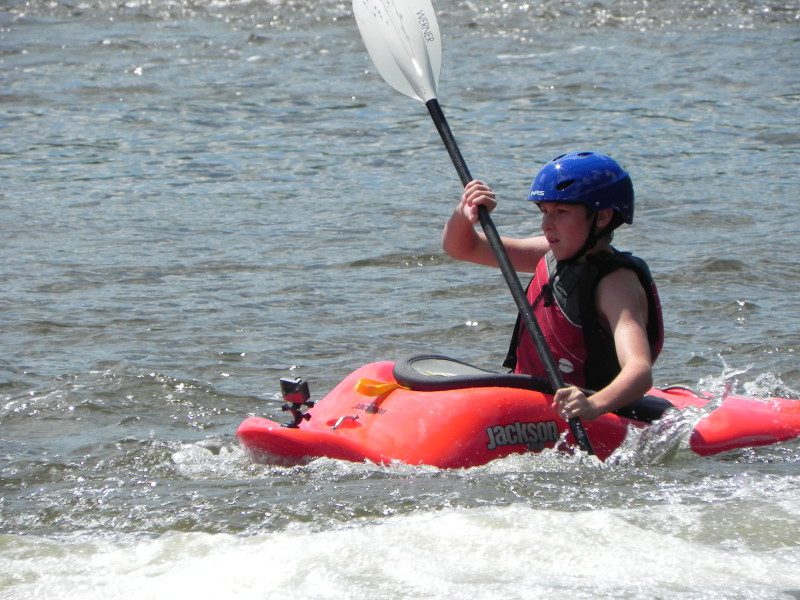Why Kids At “High-achieving Schools” Are Now An “At Risk” Group And What We Should Be Doing About It
We believe Moose is uniquely suited to helping young people develop character…
Why Kids At “High-achieving Schools” Are Now An “At Risk” Group And What We Should Be Doing About It

We believe Moose is uniquely suited to helping young people develop character…
by Bill McMahon, Director
The research is in: students at “high achieving schools” are now an “at risk” group. A Washington Post article from this past fall states that: “…studies have found that adolescents in high-achieving schools can suffer significantly higher rates of anxiety, depression, substance abuse and delinquent behaviors, at least two to three times the national average.” And, these schools are the public and private institutions parents are all trying to get their kids into because of the quality of the programming and the positive testing and placement outcomes.
I would hope that we can all agree with the author when she writes how “counter intuitive, even perverse” it is “to put relatively affluent kids in the same category as our country’s most vulnerable youth.” However, I would posit that if we are honest with ourselves, we probably are not that surprised by the findings because we all have a sense that the pressure on young people today to achieve is higher than it has ever been. And this drive to achieve at all costs—which can be seen even in middle school students—is creating the chronic stress that is at the heart of the lack of well-being and negative behaviors cited.
In the article, Suniya Luthar, a professor of psychology at Arizona State University, is quoted as saying: “When parents ask me where all of this pressure is coming from, I ask them: Where is it not?” The article goes on to state: “The unrelenting pressure on students in high-achieving schools comes from every direction, from overly invested parents who want A’s, coaches who want wins for their own personal reputations, and school administrators who feel pressured to get high standardized scores in their school, which then prop up real estate values in the area.”
If there is a silver lining in the article it comes from the fact that there is a clear and somewhat simple solution to this whole mess. The author highlights that a 2017 study published in the Journal of Youth and Adolescence found: “Adolescents who believed that both of their parents valued character traits as much as or more than achievement exhibited better outcomes at school, greater mental health and less rule-breaking behavior than peers who believed their parents were primarily achievement-minded, the researchers found.” Luthar summarizes the key point by stating: “Our job as parents is to help our children feel unconditionally loved so their self-esteem doesn’t rest on the splendor of their accomplishments.”
Another reason to be hopeful is that there are powerful partners parents can join forces with in an effort to help their kids develop confidence, resilience, and happiness. A great overnight summer camp like Moosilauke is one such partner.
We believe Moose is uniquely suited to helping young people develop character because of the following:
Finally, you can also click here for a blog that provides an overview of the research on what boys need to become their best selves.


